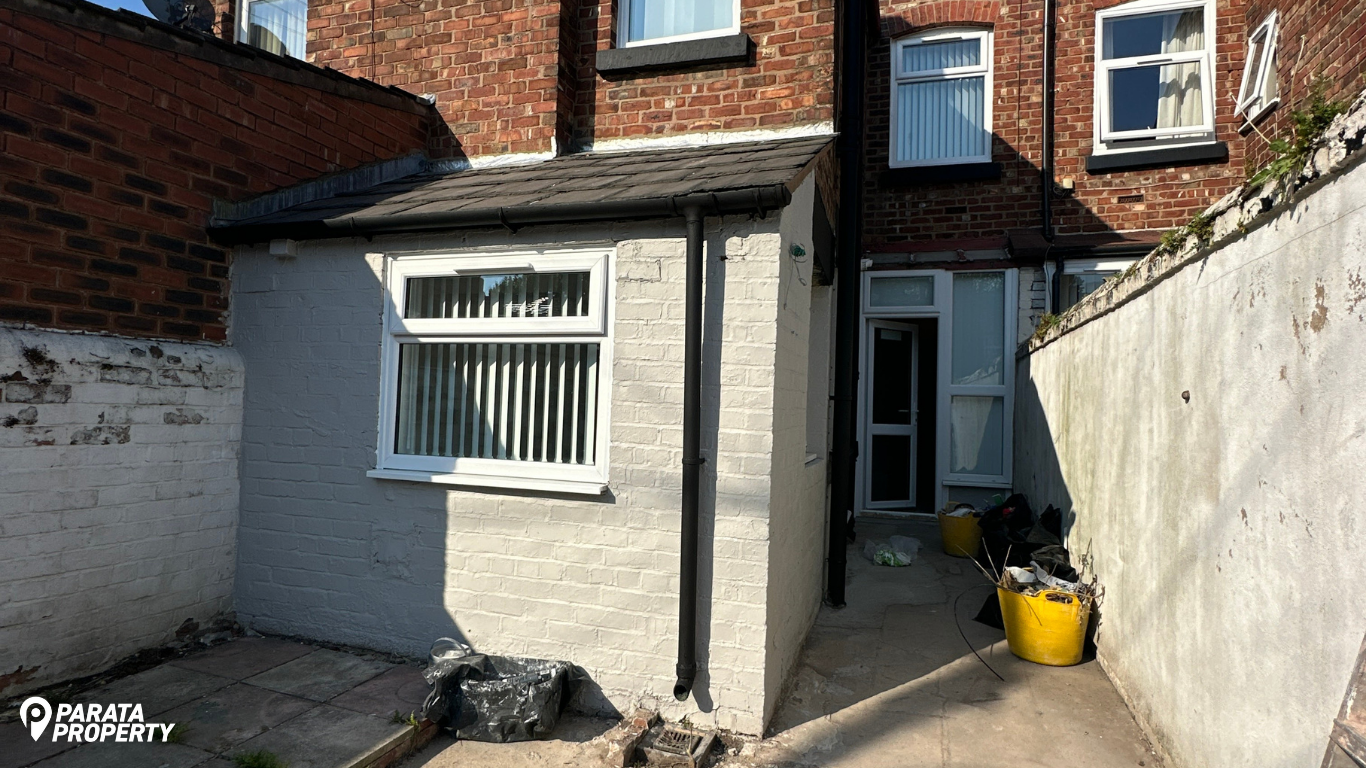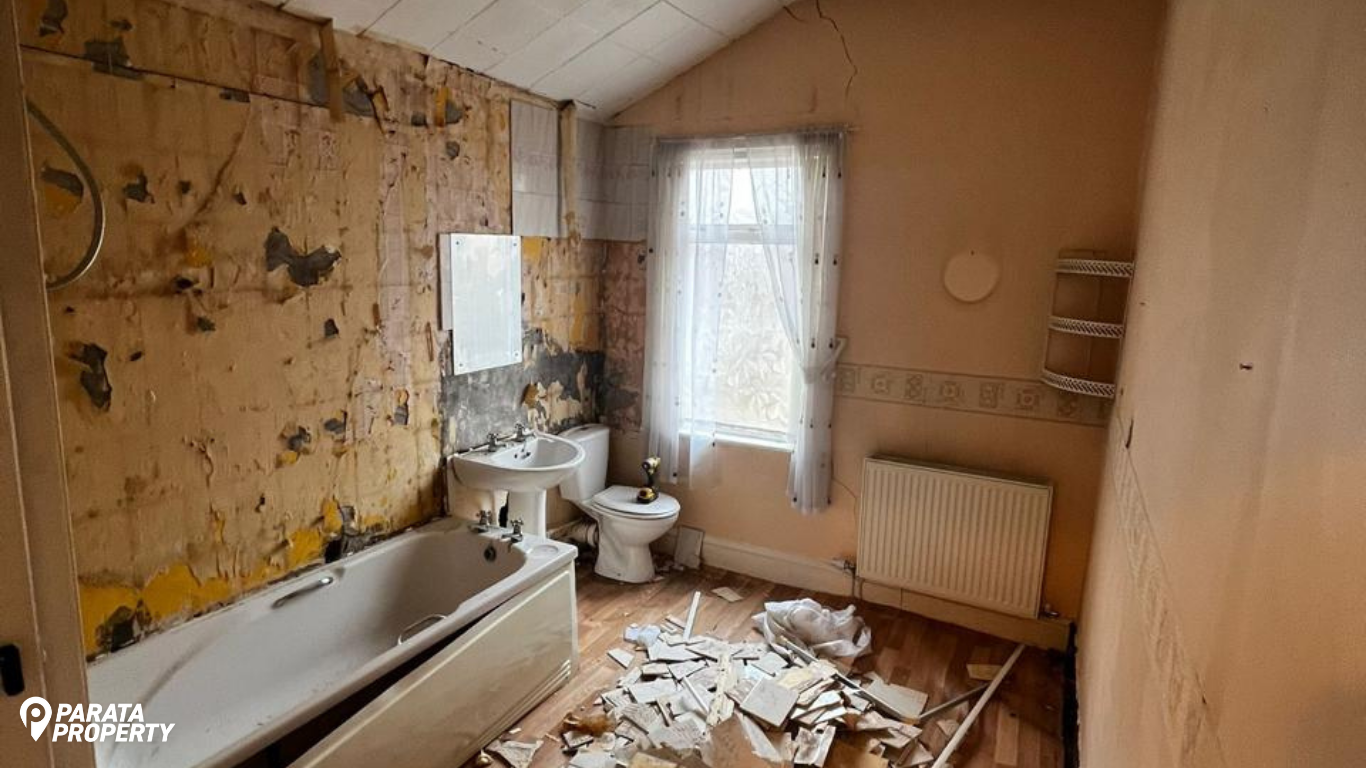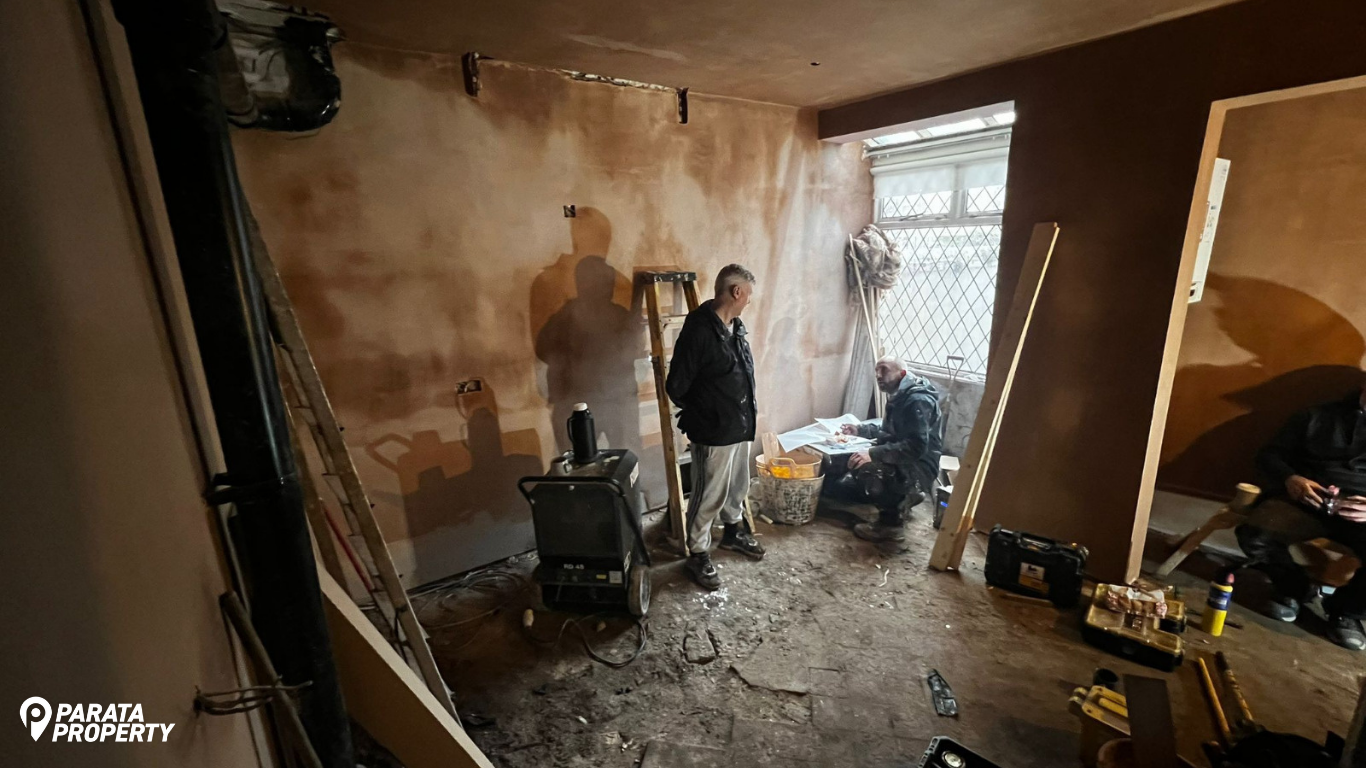How Much Deposit Do You Need to Buy Property in the UK?

What Is a Mortgage Deposit and Why It Matters for Investors
A mortgage deposit is the upfront amount you pay when buying a property, usually expressed as a percentage of the property’s purchase price. The rest is covered by your mortgage loan. This ratio, known as the loan-to-value (LTV), is crucial for lenders assessing risk.
For investors, your deposit size can directly affect your financing options and long-term returns. A higher deposit generally unlocks better interest rates and increases your leverage potential. For overseas investors, understanding deposit expectations is key to structuring your entry into the UK market effectively.
Minimum Deposit Requirements for UK Property Purchases
Typical Deposit for UK Owner-Occupiers
For UK residents buying their first home, deposits usually range between 5% and 15% of the property value. For instance, on a £250,000 home, you’d typically need between £12,500 and £37,500 upfront.
Government-backed schemes like the Mortgage Guarantee Scheme or Help to Buy (in specific regions) can lower this threshold to 5%, but these are generally for first-time buyers purchasing residential homes, not investment properties.
Deposit Requirements for Foreign/International Investors
If you’re an international investor, lenders often require a higher deposit, typically 25% to 40% of the property’s value. This reflects additional perceived risk when lending to non-UK residents or those earning income abroad.
For example, a £200,000 buy-to-let property in the Northwest might require a £60,000 to £80,000 deposit. Some specialist lenders may accept less, especially if you work with a UK-based mortgage broker experienced in foreign investment.

Can You Buy UK Property with a Low or Zero Deposit?
While 5% deposit mortgages exist for UK residents, these are rarely available to overseas investors. 100% or “no deposit” mortgages, also known as guarantor mortgages, depend on a UK-based family member offering their property or savings as security.
For most international investors, a low deposit strategy means finding lower-priced regional properties that keep your total cash outlay manageable, even with higher deposit percentages. Properties in towns like Wigan or Bolton offer strong yield potential and more accessible entry points.
How Regional Factors Affect Deposit & Investment (Wigan, Bolton, Northwest UK)
Regional price differences across the UK dramatically influence how much deposit you’ll need. In London or the South East, a 25% deposit could exceed £100,000. In contrast, in the Northwest of England, particularly Wigan, Bolton, and surrounding areas, property prices are significantly lower.
For example:
- Average property price in Wigan - £170,000
- 25% deposit - £42,500
- Average price in Bolton - £180,000
- 25% deposit - £45,000
These lower entry points make the Northwest an attractive target for international investors seeking high rental yields, especially through HMO (House in Multiple Occupation) conversions. Smaller deposits in absolute terms can unlock multiple properties, diversifying your portfolio and improving long-term ROI.
Other Costs You Must Budget For
Your deposit is just one part of the upfront cost when buying in the UK. Investors should also budget for:
- Stamp Duty Land Tax (SDLT): Foreign buyers pay an extra 2% surcharge on top of standard rates.
- Legal fees and conveyancing: Usually £1,000–£2,000.
- Survey and valuation fees: £300–£700.
- Mortgage arrangement fees: Often 1–2% of the loan amount.
- Currency transfer costs: Consider exchange rate fluctuations and bank charges when sending funds to the UK.
These expenses can add 5–8% to your total investment cost, so factor them in early.


How to Prepare Your Deposit – Tips for International Investors
Preparing your funds efficiently can save time and money during your UK property purchase. Here’s how:
- Settingting up a UK bank account early simplifies fund transfers and compliance.
- Work with an FCA-regulated mortgage broker experienced in foreign investor finance.
- Get proof of funds ready – UK solicitors will require documented evidence of your deposit source.
- Use a currency transfer service to secure competitive exchange rates.
- Align your deposit with your strategy – for instance, using it to leverage HMO refurbishments or multi-unit conversions.
For larger projects, partnering with a trusted UK property development company can streamline this process—from acquisition to rental income.
Final Thoughts and Next Steps
For international investors, understanding deposit requirements is the first step to building a successful UK property portfolio. While deposits are higher for non-residents, regional opportunities, especially in the Northwest, make the UK one of the most accessible and stable property markets globally.
With the right guidance, your deposit can be the foundation of a profitable, hands-free investment strategy.








